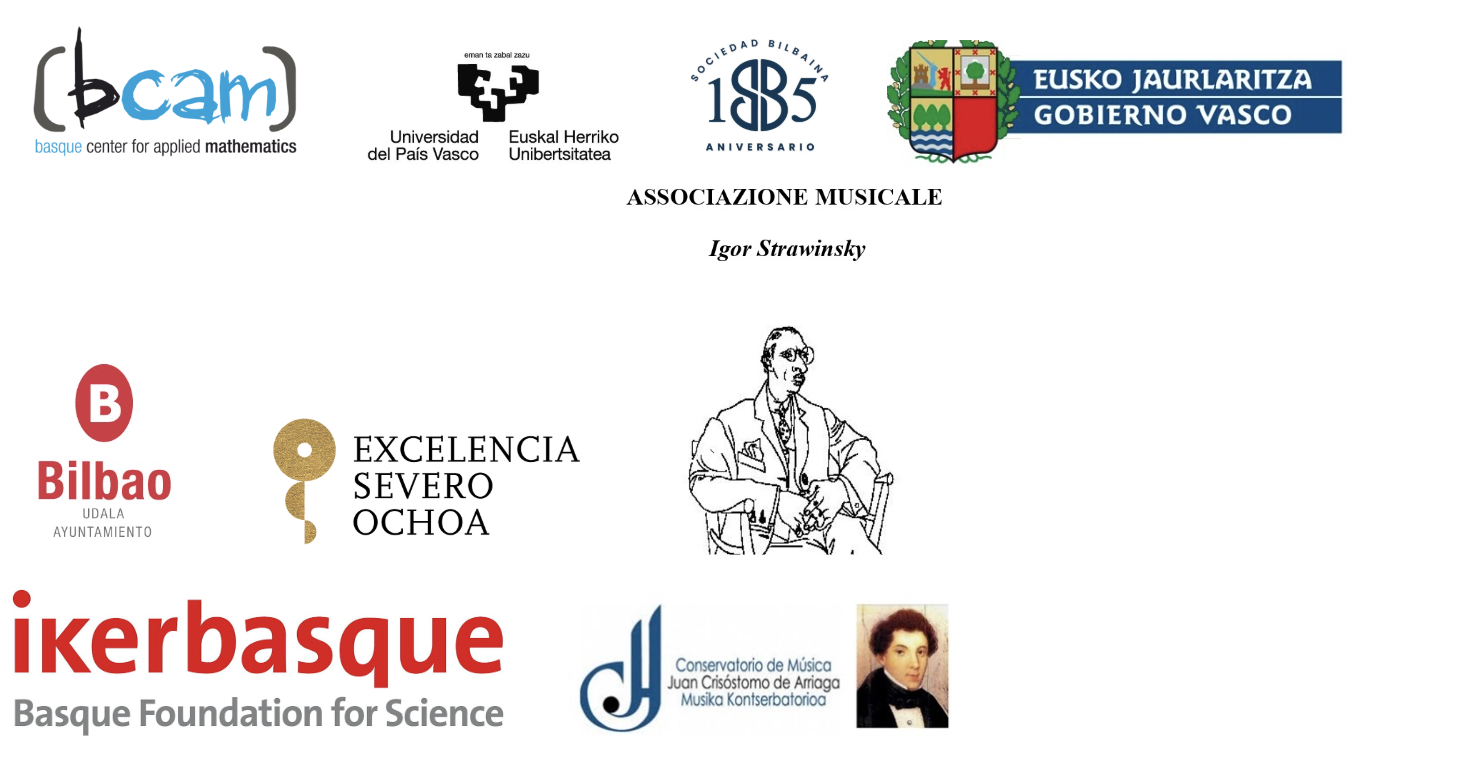Artificial Intelligence and Music: On the Role of AI in Studying a Human Art Form
Date: Thu, Jun 26 2025
Hour: 15:00 - 16:00
Location: Maryam Mirzakhani Seminar Room at BCAM
Speakers: Gerhard Widmer - Institute of Computational Perception Johannes Kepler University Linz, Austria
The field of AI & Music has come a long way, from early attempts at algorithmic composition to a wide variety of intelligent sound and music technologies that are shaping today's digital music world. As in many other application domains, many of the recent successes are based on exploiting and adapting the latest advances in statistical machine learning, tranferring them from fields like computer vision and language processing.
But music is much more than just an acoustic signal with hidden patterns, or a sequence of events with statistical properties. Music is a deeply human art, a unique means of human self-expression and emotional communication, and we still lack a full understanding of how music "works", as a communication language between composers, performers, and listeners.
I will try to demonstrate that AI and machine learning may have something to contribute here, by providing means of studying some of these questions via computational modeling. We will focus on the complex phenomenon of expressivity in music performance (of classical music): how skilled performers make music "come alive" and communicate subtle aspects like moods, ideas, emotions through their playing. I will take the audience through a recent big research project that aimed at studying certain aspects of this with machine learning. We will see what it takes to model and explore such an elusive concept in a data-driven way, talk about the difficulty of obtaining reliable data, but also about the difficulty of evaluating the results, and how we may nevertheless obtain some interesting and possibly useful results. We will see (and hear) computer models of expressive playing and human-machine piano co-performance, and we will even learn about an expressive performance system that allegedly passed a musical "Turing Test". However, we will also find (or I will contend) that the very idea of a "Turing Test" in this context (and perhaps generally in the arts) may be fundamentally problematic. At a more general level, I will argue that we should carefully consider the proper role of AI in music, if we take music seriously as an expressive (human) art form.
Organizers:
Luca Fanelli (Ikerbasque Research Professor, Distinguished Researcher at the University of the Basque Country (UPV/EHU) & BCAM, Head of the Mathematics Department at the Spanish Research Agency (AEI); pianist.

Confirmed speakers:
Gerhard Widmer should have become a pianist, but at age 15 he decided that Beethoven was boring and instead studied computer science in Vienna, Austria and Madison, Wisconsin (USA). He is a full professor of computer science at Johannes Kepler University Linz, Austria, where he founded the Institute of Computational Perception, as well as deputy director of the LIT AI Lab and a member of the ELLIS Unit Linz. His research interests are in AI, machine learning, acoustic perception, and computational models of music. He is considered one of the pioneers of the field of AI & Music, and is particularly well known for pioneering work on computational modelling and analysis of expressive music performance. At the same time, his teams have also developed commercial applications in the digital music and media worlds (e.g., the MOTS technology integrated in some of Bang & Olufsen's digital media players, and music detection and audio segmentation algorithms that are being used in a variety of media monitoring contexts, worldwide).
Widmer has received many prestigious research grants and awards (including Austria's highest scientific award, the Wittgenstein Prize; two ERC Advanced Grants of the European Research Council; and the "Scientific Breakthrough of the Year 2021" award of the Falling Walls Foundation). In 2021, he was the first person, in the 175 history of the academy, to be simultaneously elected into both classes (Mathematics & Natural Sciences; Humanities & Social Sciences) of the Austrian Academy of Sciences. His attitude towards Beethoven has also changed substantially in the meantime.
Related events
